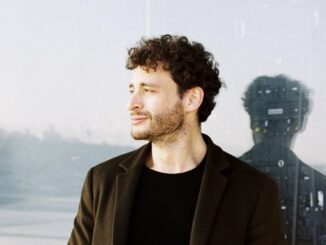
© WikiMedia (Wikimedia) Photograph of Alla Nazimova from the ‘Screen acting’ (1921) book. De
© WikiMedia (Wikimedia)
The budding actor is advised to take part in, even run, as many drama projects at school as possible. This looks good upon their CV/resume as it suggests that acting has been a life-long passion and that they are possibly talented.
At the age of 16 (in the UK), the budding actor must make a tricky decision between an academic route and a vocational one.
Before this, they should seriously consider whether acting is a viable career, as opposed to an idealistic pipe dream, because if they don’t consider this, it can be a blind alley.
They can do this by contacting people whom know within the industry and by doing research by looking at industry papers such as Showbusinessweekly.com and Hollywoodreporter.com .
If they take the academic route by doing A-levels, it is advisable to study drama and also possibly English, Theatre studies, Media Studies and Film Studies. Very few if any subjects, however, would be frowned upon in the acting community. Again, it’s good to get involved in extra-curricular acting, particularly for UCAS admissions, which may now include part-time work at a cinema or theatre.
The budding actor is then advised to take Drama, where they can hone their craft with the help of staff and peers involved in stage productions. This, and the numerous other acting opportunities afforded by the numerous free time, can be used to build-up contacts within the industry, which can, hopefully, be put to good use after university.
Alternatively, they can plunge straight into the world of acting at 16 or 18 by securing a job typically as a runner, cashier or general busybody in a theatre, or stage production, and working their way up from here, developing their trade and building their contacts. After all, this is the stage that many graduates end-up at anyway.









